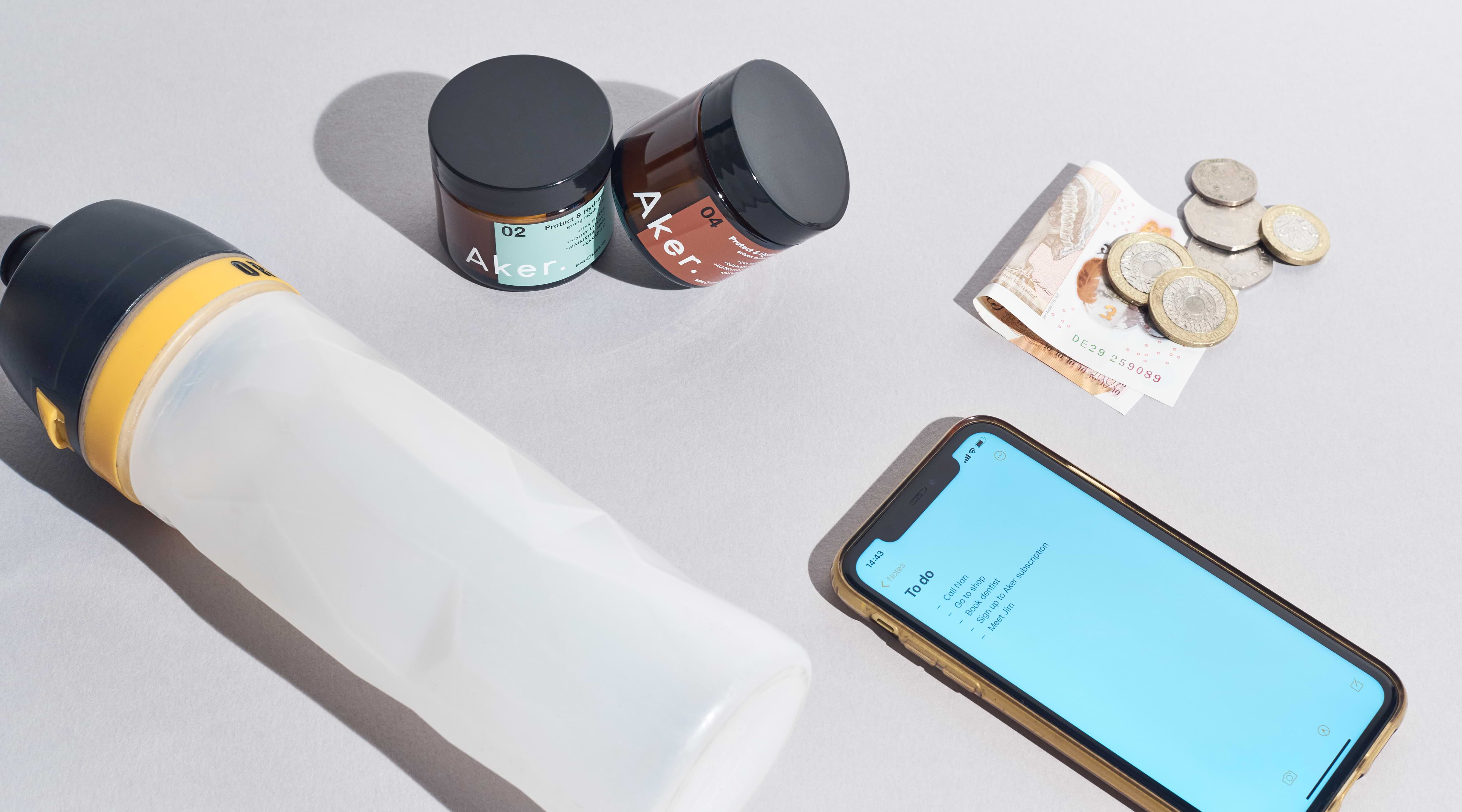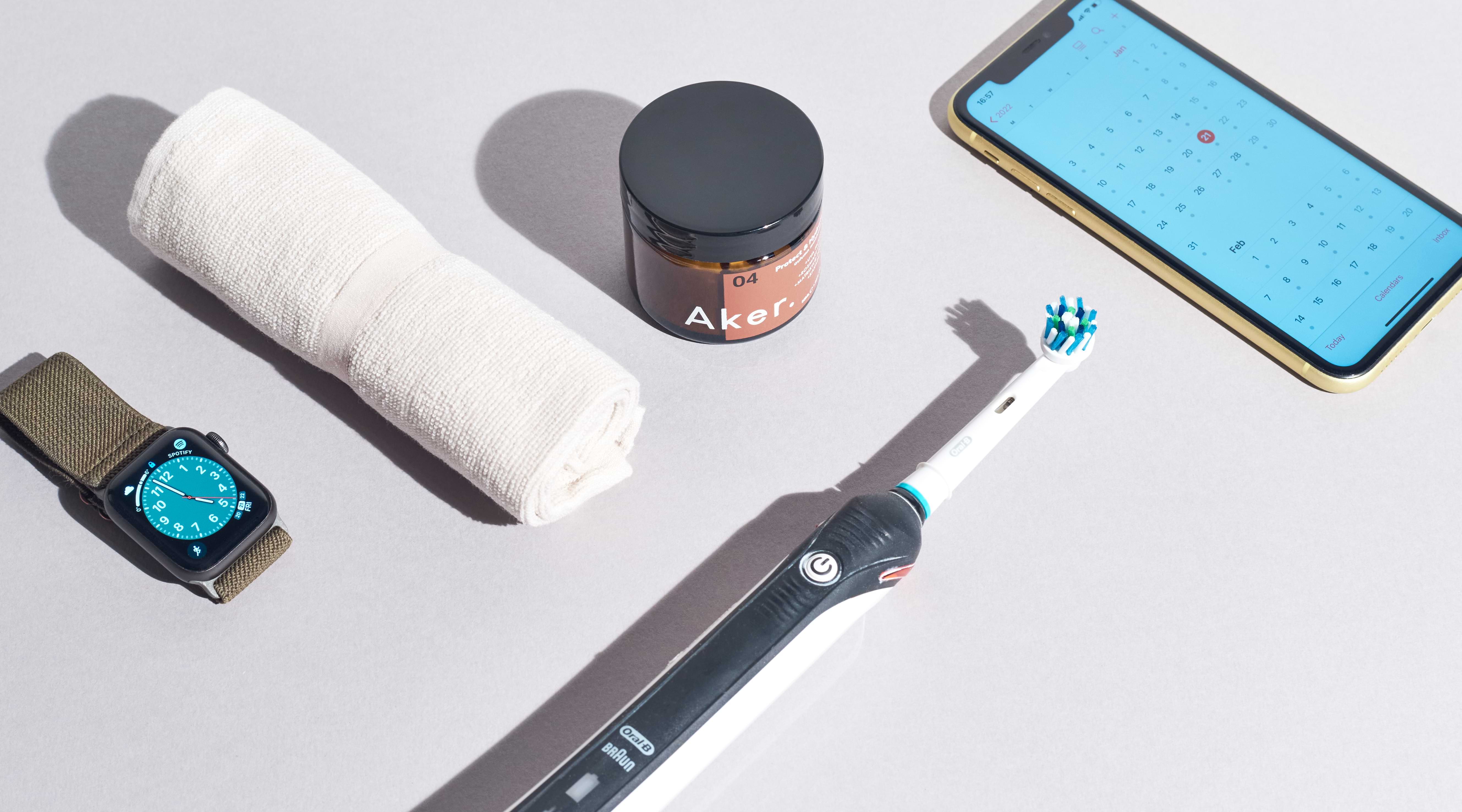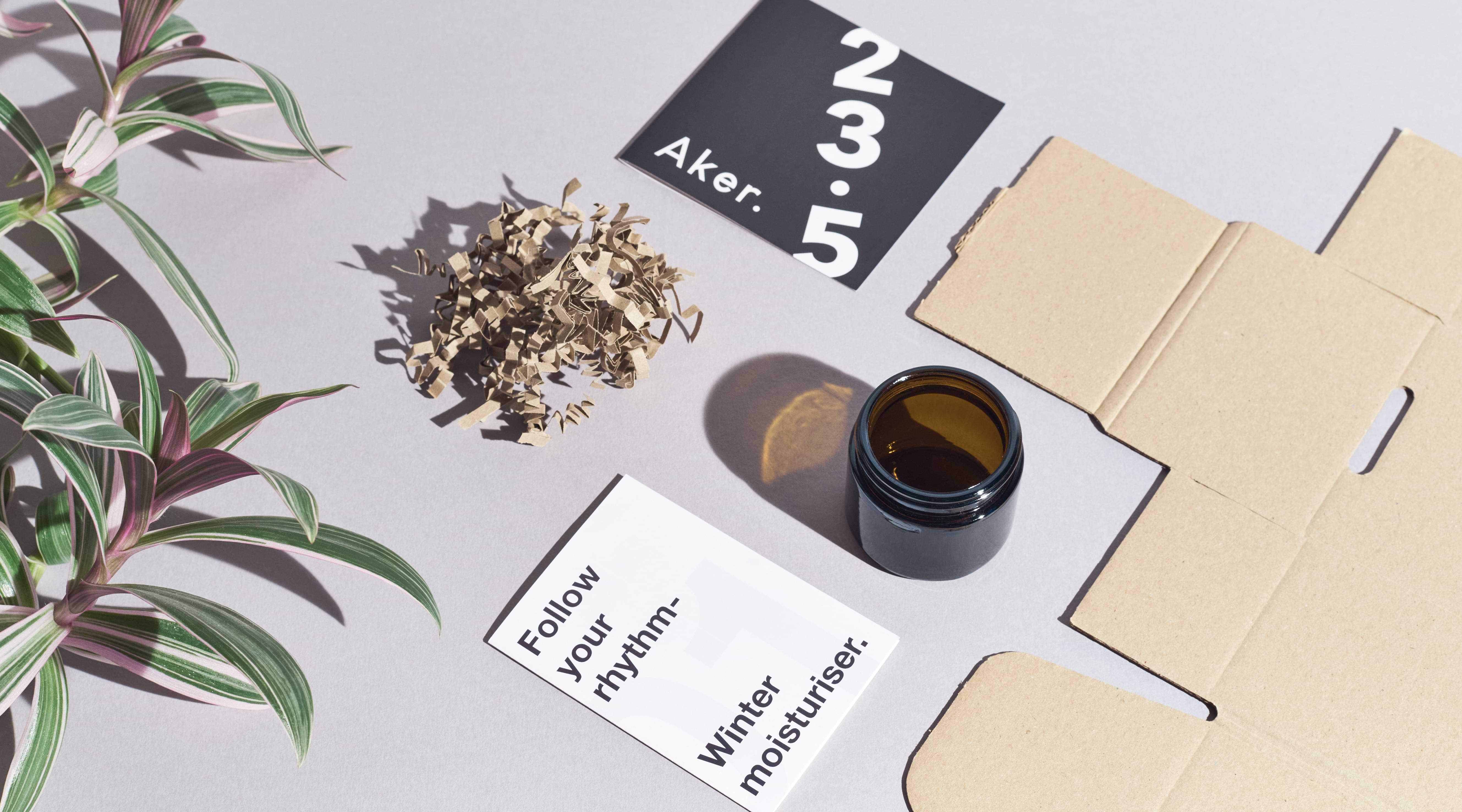Start with an innocent question, like “how do I look after my skin for free," and end up in the wrong corner of Google and you can end up with zero answers to your question but a lot less cash in your bank.
Skincare can sometimes be seen as a long list of products and that can feel intimidating and confusing for some people.
A 20-product list and 10-steps for each of them is enough to put anyone off trying to give their skin a little love.
But here’s the thing, products are just one tactic you can deploy. There’s a dozen others you can turn to — and they don’t all cost the earth. Honestly, there’s so much you can do to look after your skin for free, it’s just that not many skincare brands want you to know about it.
Let’s take a look at three of the most important lifestyle factors you can focus on to improve your skin health:
How exercise can help your skin
Exercise is one of the best things you can do for your skin.
“But sweat…” — but nothing! Seriously, at the risk of sounding a bit too obvious, exercise does so much good for our bodies. From our hearts and lungs to bones and muscle tone, pretty much every muscle and organ benefits from working up a sweat — and don’t forget, our skin is our largest organ.
Makes a bit more sense now, doesn’t it?
There are loads of ways our skin benefits from exercise, some of the key ways being:
- Exercise increases our blood flow and blood oxygen levels (by as much as 20x). Increased blood flow means our skin cells get all the oxygen and nutrients they need to operate at their best.
- Working up a sweat gives your body the chance to detoxify and clear out dirt and toxins from your skin. Research has shown that "many toxic elements appeared to be preferentially excreted through sweat” and that a bit of perspiration is “a potential method for elimination of many toxic elements from the human body."
- Exercise is a natural stress-buster. When you start moving your body, dopamine and endorphins start coursing through your veins and give you a feel-good buzz that’s great for your mental wellbeing. What’s stress got to do with skin? Well...

Stress can cause skin problems
When you’re stressed out, the last thing you need is a stinker of a spot popping up on your cheek. Cruel irony, for sure. Believe it or not, these two events are very much linked.
Stress raises certain hormone levels in your blood, including corticotropin-releasing hormone (CRH), glucocorticoids, epinephrine, and cortisol.
“Several important skin immune markers are decreased by stress,” notes a major review published in 2014, and another review bears the stark warning that “skin reactions to stress… may have implications for disease severity and exacerbation frequency."
In other words, stress and your skin are not friends.
So, how can you manage your stress for the sake of your skin?
- We mentioned exercise earlier and it’s been proven many times over that you can slash your stress with a regular exercise routine.
- Mindfulness has come a long way in the last few years, especially in terms of our understanding and acceptance of it. Apps like Headspace and Calm have made mindfulness accessible, simple, and really enjoyable. Give them a go — what have you got to lose?
- Planning and prioritising your schedule can make a huge difference. We’ve all got to-do lists as long as our arm these days, so making sure you’re scheduling time for yourself is a huge part of cutting down stress. Keeping a regular bedtime can make a huge difference — in fact, if you get less than 8 hours a night, you’re 48% more likely to report feeling overwhelmed in the past month.
And what do you know, that leads perfectly into…
Sleep hygiene is a skincare secret
When you sleep, your body is repairing itself. As you know (thanks to this charming article), our skin is our biggest organ — more than any other part of your body, your skin needs its beauty sleep!
Different studies have shown that “prolonged sleep deprivation [can cause] a break in skin barrier function and mucous membranes” — damaging your skin’s health, function, and appearance.
Sleep is serious stuff and not getting your eight hours a night can have wide-ranging effects on your health — including your skin health.
So, make your sleep a priority for the good of your health - and for one of the most enjoyable ways to hack your way to better skin for free!
- As we mentioned earlier, making sure you plan in enough time for sleep will really help you feel on top of your stress. It becomes a beautiful cycle of less stress and better sleep.
- Practice good “sleep hygiene”! If you’re not sure what the heck that is… fair enough. We weren’t sure either, but sleep expert Dr. Matthew Walker’s incredible TED Talk taught us a lot. He shares six tips for better sleep and we recommend starting with Dr Walker if you want to improve your sleep hygiene.
- Speaking of hygiene… change your sheets! Your pillow accumulates dead skin, oils, and other natural byproducts from your skin. There’s nothing wrong with that — you just don’t want to keep putting your head in it every night! Changing your sheets regularly (every week, ideally) can go a long way to helping.
If exercise and a slick routine aren’t working, you could always look into supplements. If you do consider them, please consult with your doctor first, just to be safe!
Better skin doesn’t have to bankrupt you!
Hopefully, this article has shown you that there’s plenty you can do to look after your skin for free. No money spent, lots of benefits gained.
There’s lots more to learn about skincare — if you fancy getting your geek on, take a look at our deep dive into How Your Skin is Affected by the Seasons. Bring your jacket… or your sunnies. Depends when you’re reading it!
And, of course, if you are looking to add some great skincare products to your life, a moisturiser based on the science of seasonal skincare is surely a great place to start…
Shop seasonal skincare products



